The UK’s largest medical body, the Royal College of General Practitioners, has launched a consultation on whether to change its policy on assisted dying, which it currently opposes.
Over 50,000 GPs will now have until 13 December 2019 to respond to the consultation, which is being organised by the independent pollsters ComRes, on whether the College should support, oppose, or be neutral on the topic of the legality of assisted dying.
When the body’s members were last consulted in 2014, a majority said that the college should remain opposed to reform. But, only a fraction of the college’s members participated in the consultation.
A poll of more than 1000 GPs in January, found that a majority of GPs are now either neutral or support changing the law on assisted dying, whereas only 33% oppose law reform.
The news comes after the British Medical Association announced its intention to hold a similar poll and after the Royal College of Physicians dropped its opposition earlier in the year after consulting its members.
Assisted dying is now permitted for terminally ill and incurably suffering people in Canada, Belgium, Italy, Luxembourg, and the Netherlands. It is also permitted specifically for specifically terminally ill people in Colombia, ten US jurisdictions, and the Australian state of Victoria.
To help ensure everyone has a right to choose how they die, My Death, My Decision and its Assisted Dying Coalition partners, are encouraging their members and supporters to write to their GP and ask them to support legal, compassionate, and safeguarded assisted dying.
Commenting on the announcement My Death, My Decision’s Chair, Trevor Moore, said:
‘There has been a seachange in evidence since GPs were last given an opportunity to express their views on assisted dying, and we welcome the Royal College of General Practitioners’ commitment to engaging with its members, in light of these changes.
Now more than ever, as progressively more countries, including Canada, empower their citizens with the right to choose the manner and timing of their death, the nature of our country’s inexcusably callous law against assisted dying has become clearer. More than one person a week from the UK is now forced to end their life in Switzerland, and public opinion has reached a watershed moment – nearly 90% now agree that adults of sound mind, who are either terminally ill or incurably suffering, deserve the right to a peaceful, painless, and dignified deaths.
When voting in this consultation, doctors will represent not only their own interests, but also those of their patients. They will represent the patients forced to conceal plans because they fear a doctor’s duty to prevent them from travelling abroad; the patients unable to alleviate pain and who face years of unbearable suffering; the patients who want an open and honest conversation about dying but are unable to under the current law.
We believe as the majority of doctors do, that the best way to protect the doctor-patient relationship is a reformed the law, which balances respect for autonomy alongside robust safeguards. It is time for the law to change.’
NOTES
For further comment or information or requests for interviews, please contact My Death, My Decision’s Campaigns and Communications Manager Keiron McCabe at keiron.mccabe@mydeath-mydecision.org.uk or phone 020 7324 3001.
Details of the Consultation
On 1 November 2019, the Royal College of General Practitioners released a non-binding consultation its 50,000 members. The consultation is being run through the independent pollsters Comres and will be open until December 13 2019. The consultation asks whether the College should support, oppose, or be neutral on the topic of the legality of assisted dying. In addition, it provides an opportunity for members to indicate, through a list of non-exhaustive options and a free text box, why they have voted in a particular manner. The final decision will then be taken by the Royal College of General Practitioners Council in the new year.
In February 2014, 77% of respondents voted to oppose assisted dying reform, 18% of respondents voted to adopt a neutral stance, and 5% of respondents voted to support a change in the law on assisted dying. 234 individual members submitted an individual response online, and 1,479 people participated through 28 devolved regional and faculty discussions.
The law on assisted dying in the UK
Under section 2(1) and 2(2A) of the 1961 Suicide Act, it is unlawful in England and Wales to encourage or assist someone to end their life. Anyone found guilty of an act ‘capable of encouraging or assisting the suicide or attempted suicide of another’ can face up to 14 years’ imprisonment.
Following Debbie Purdy’s case, the then Director of Public Prosecutions, Sir Keir Starmer MP, issued guidance on factors indicating when a prosecution will and will not be brought for assisting another to die. One factor tending against prosecution is when a ‘suspect was wholly motivated by compassion’. Consequently, between April 2009 and January 2019, there have been 148 cases of assisted dying referred to the Crown Prosecution Service (CPS) by the police, but only 2 successful prosecutions.
In 2014, Jane Nicklinson, the widow of locked-in sufferer Tony Nicklinson, and Paul Lamb, who is paralysed from the neck down, challenged the law on assisted dying in the Supreme Court. The court held that Parliament should be afforded the opportunity to debate the issue before the courts would rule on whether the law is incompatible with the rights of those who are both terminally ill and facing incurable suffering.
In 2015, parliament rejected by 330 against to 118 in favour, Rob Marris’ private members’ bill to legalise assistance for those who were terminally ill and likely to die within 6 months.
Under Section 1(2) of the 1982 Forfeiture Act, an individual who assists a loved one to end their life abroad can have their inheritance withheld, even if the CPS deems that it is not in the public interest to bring forth a prosecution.
GPs Public Opinion
In January 2019 poll of 1,005 GPs, conducted by medeConnect, found that 33% of GPs opposed a change in the law on assisted dying, while 32% supported it, and 34% were neutral or did not know whether assisted dying should be legalised.
A number of medical bodies have either not taken, or have adopted a neutral stance on assisted dying including The Royal College of Physicians, The Royal Society of Medicine, The Royal College of Nursing, and The Royal College of Psychiatrists.
Recent Developments
In July, two members of My Death, My Decision living with different conditions that mean they are facing incurable suffering separately applied to the High Court to challenge the UK’s law on assisted dying. Paul Lamb, who is paralysed from the neck down, and Phil Newby, who suffers from motor neurone disease, both argue that the UK’s absolute prohibition infringes their human rights to a private and family life. Paul Lamb and Phil Newby are being supported by My Death, My Decision.
In June, the British Medical Association and Royal College of GPs announced that they would poll their members on assisted dying. Their announcement follows the Royal College of Physicians ending their long-standing opposition to assisted dying and adopting a neutral position in March 2019.
About My Death, My Decision
My Death, My Decision is a grassroots non-profit that campaigns for a balanced and compassionate approach to assisted dying in the UK. We believe that everyone deserves access to excellent palliative care but that adults of sound mind, who are either terminally ill or facing incurable suffering, should have the right to a peaceful, painless, and dignified death. Through the work of our members, supporters, patrons, and activists we help to broaden the public debate on assisted dying and seek to secure changes in the law.
Read more about how nearly 90% of the public support an inclusive change in the law.
Read more about how one Briton a week now ends their life in Switzerland.
Read more about My Death, My Decision’s campaign for an inclusive change in the law:
http://www.mydeath-mydecision.org.uk/




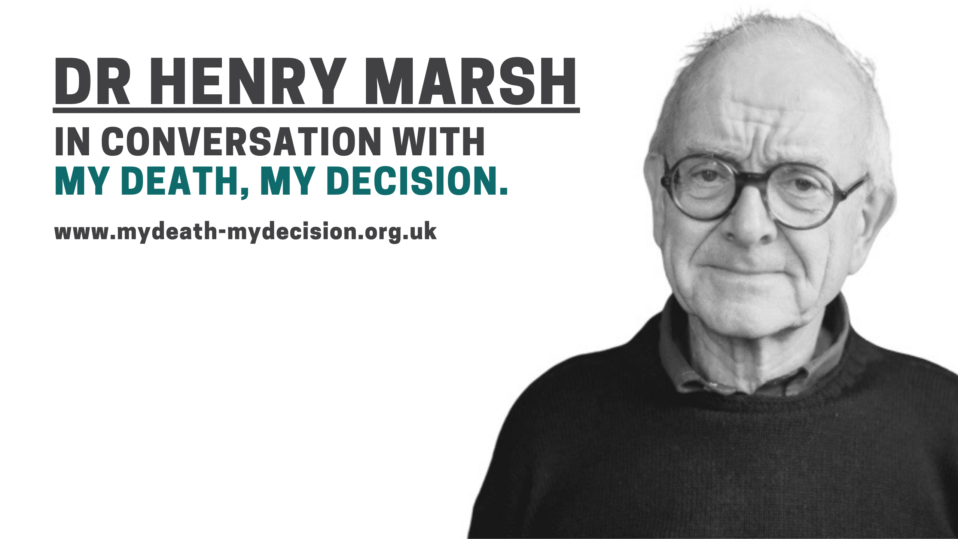
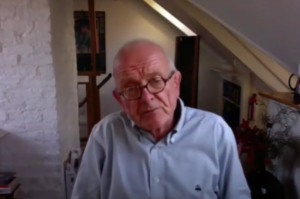 The renowned neurosurgeon and best-selling author, Dr Henry Marsh, has warned that legal assisted dying could be less likely if a law was restricted to those with only 6 months left to live.
The renowned neurosurgeon and best-selling author, Dr Henry Marsh, has warned that legal assisted dying could be less likely if a law was restricted to those with only 6 months left to live. 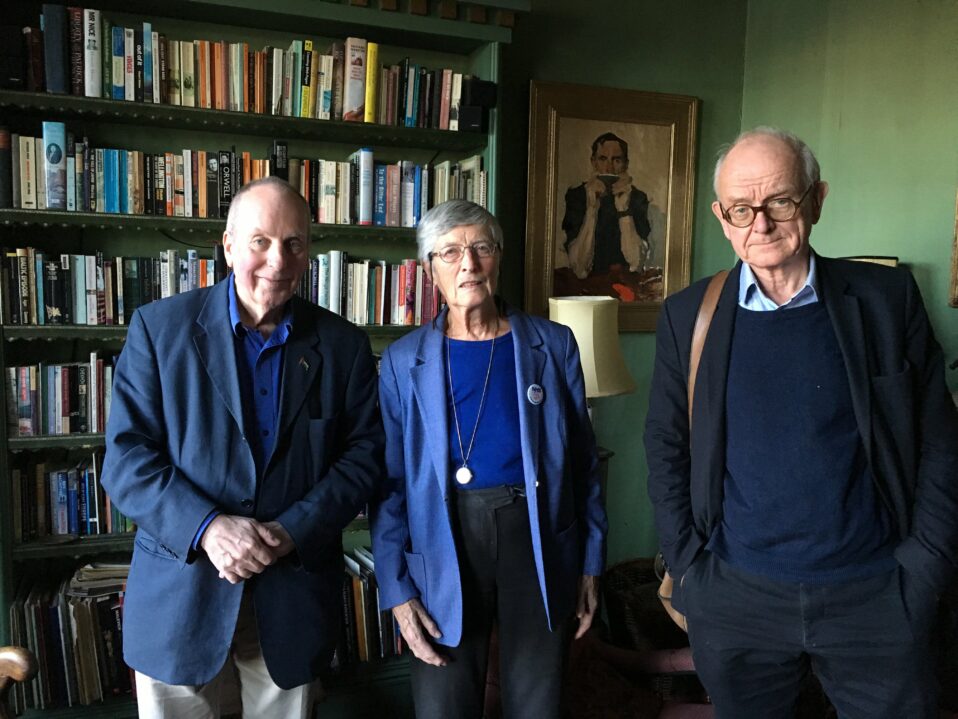
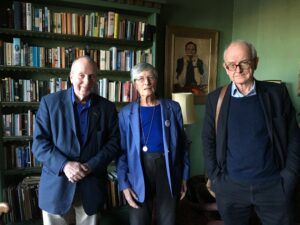
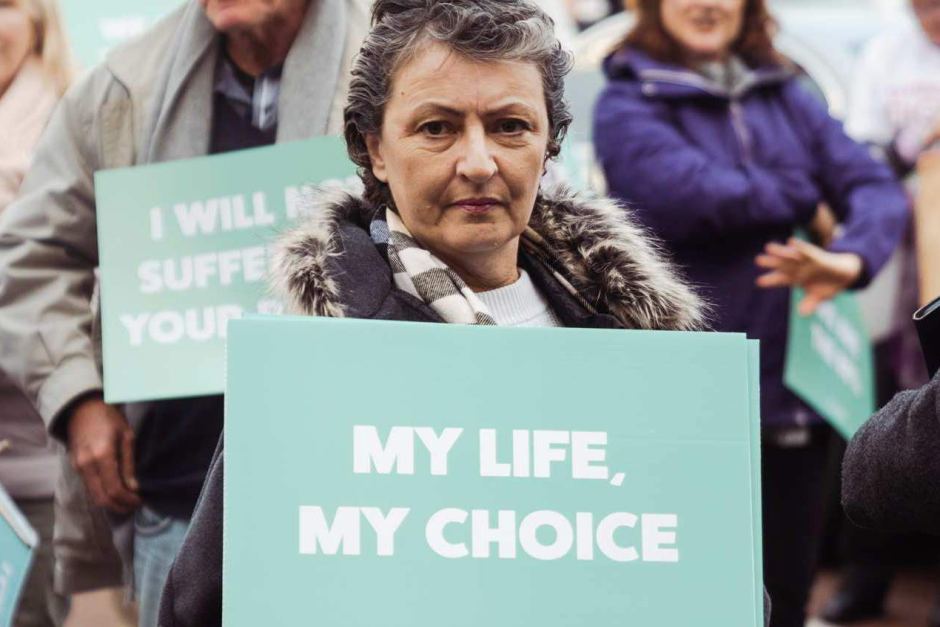


 The Royal College of General Practitioners has maintained its 14-year opposition to assisted dying, despite a majority of GPs voting to support a change in the law or adopt a neutral stance.
The Royal College of General Practitioners has maintained its 14-year opposition to assisted dying, despite a majority of GPs voting to support a change in the law or adopt a neutral stance.


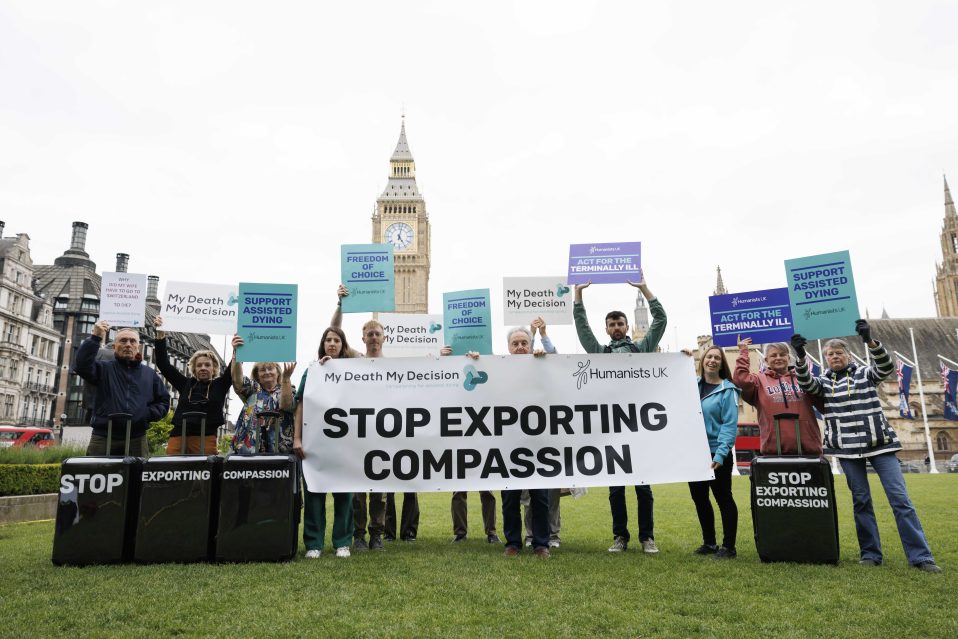

Recent Comments